Published research from active graduate students
Our master's and doctoral students in the Department of Kinesiology and Health Sciences are active researchers. Here is a sampling of the research that our students are making an impact with.
Aerobic fitness of elite soccer players linked to player positions
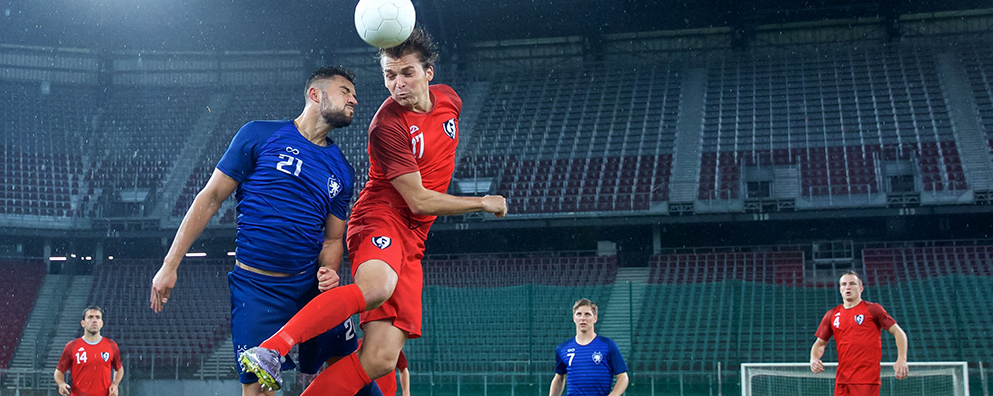
Matteo Masucci, a student in the PhD Kinesiology program co-authored a study that found that all positions on a soccer pitch except centre backs showed a strong association between aerobic power training and high-intensity performance.
Wearable biosensors can help people with complex health conditions

PhD Kinesiology candidate Beth Godkin was the first author on a paper the shows that remote monitoring of health-related behaviour with wearable sensor technology is feasible for people with complex health conditions.
Are flip-flops more dangerous than bare feet?
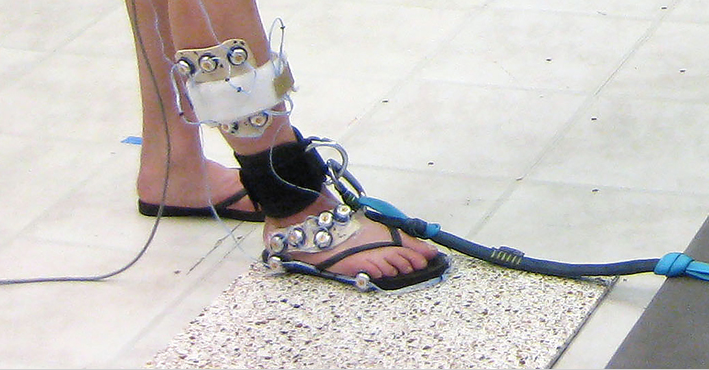
Kinsiology PhD student Lia Tennant was part of a team that found that Flip-flops have a tendency to come off the foot entirely during slips in dry and wet conditions, contributing to a greater risk of injury.
Low-tech footrest can help prevent lower-back pain
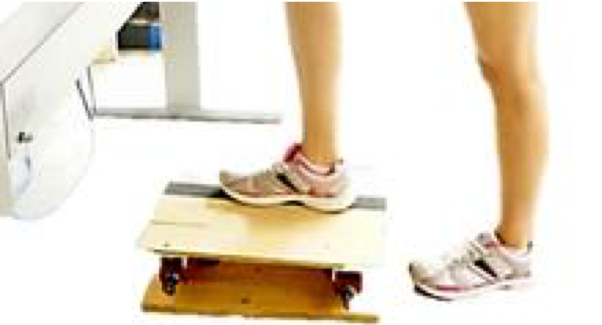
PhD candidate Kayla Fewster (Kinesiology) was the lead author on a study that determined that people who stand at work for long periods of time might be able to avoid lower back pain by intermittently using a footrest.
How to make the pushup work for you
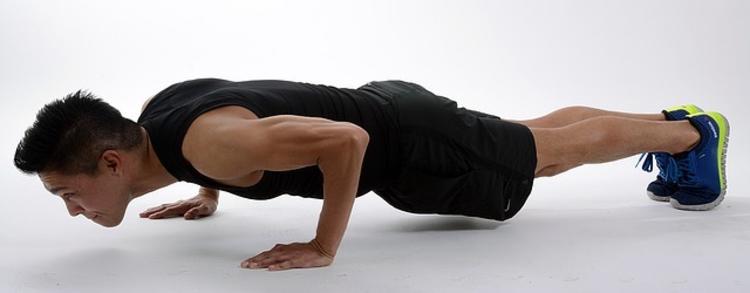
Doctoral student Alan Cudlip (Kinesiology) was a co-author on a study that investigated the pushup as a highly adaptable exercise that can be tailored to help individuals with specific needs.
Virtual reality motion sickness may be predicted and counteracted
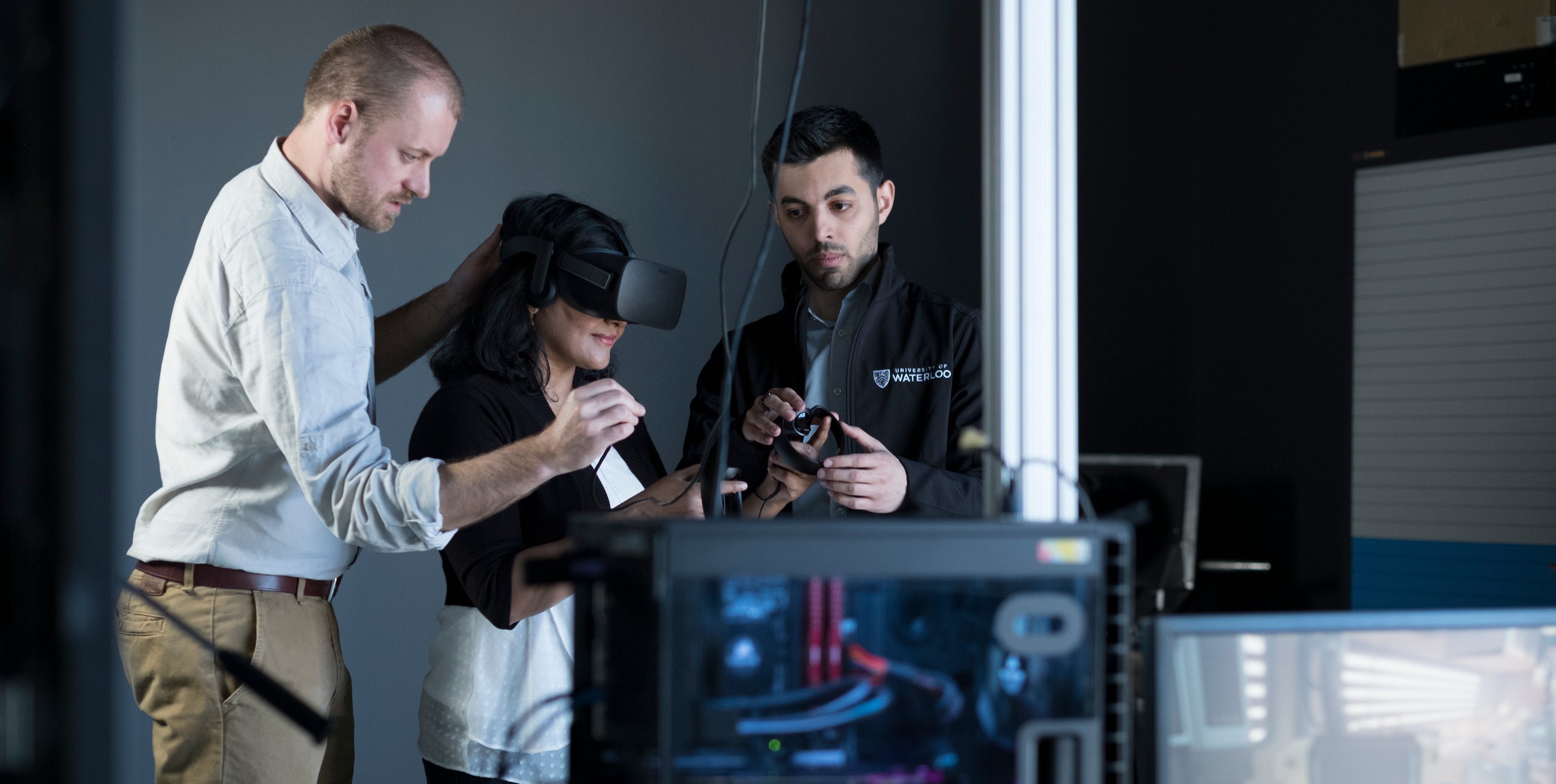
Séamas Weech is a postdoctoral research fellow in Kinesiology who led a study that helped identify which individuals will develop cybersickness (motion sickness caused by virtual reality applications), and how to counteract it.
Virtual reality games could recalibrate neurological disorders
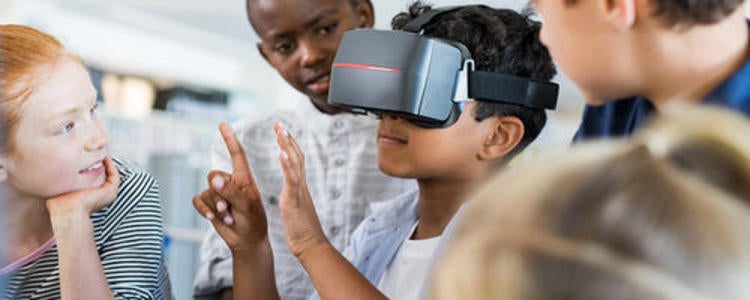
Virtual reality (VR) could help individuals with neurological conditions such as autism, schizophrenia and Parkinson’s disease. This study, co-authored by post-doctoral fellow Séamas Weech (Kinesiology) found that VR could be a valuable tool for recalibrating time in the brain.
Standing desks may lead to lower back pain

PhD candidate Daniel Viggiani (Kinesiology) found that people have different levels of standing tolerance in this UWaterloo study.
Researchers combine wearable technology and AI to predict the onset of health problems

As a PhD student in Kinesiology, Thomas Beltrame led an interdisciplinary study that found that applying artificial intelligence to the right combination of data retrieved from wearable technology may detect whether your health is failing. Today, he is a post-doctoral student in Brazil.